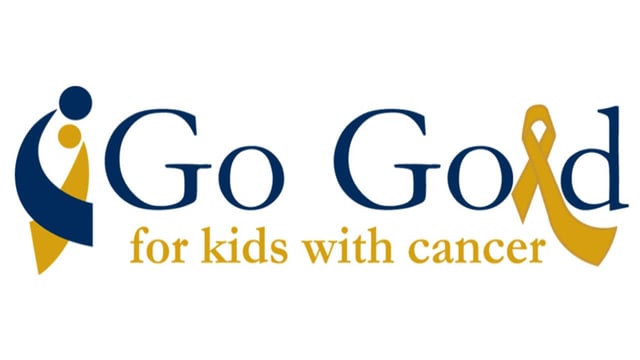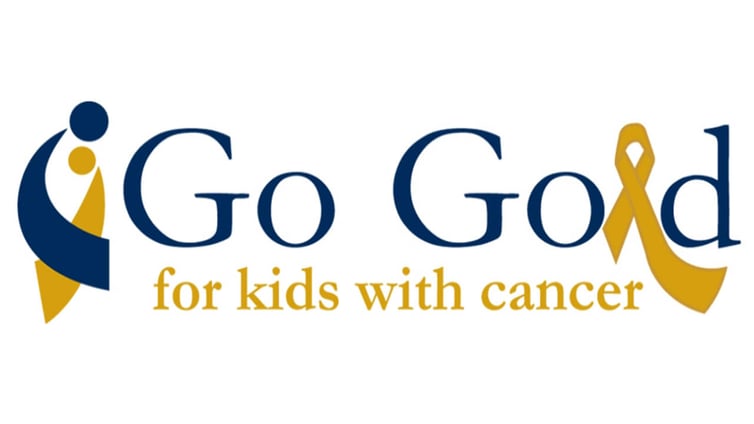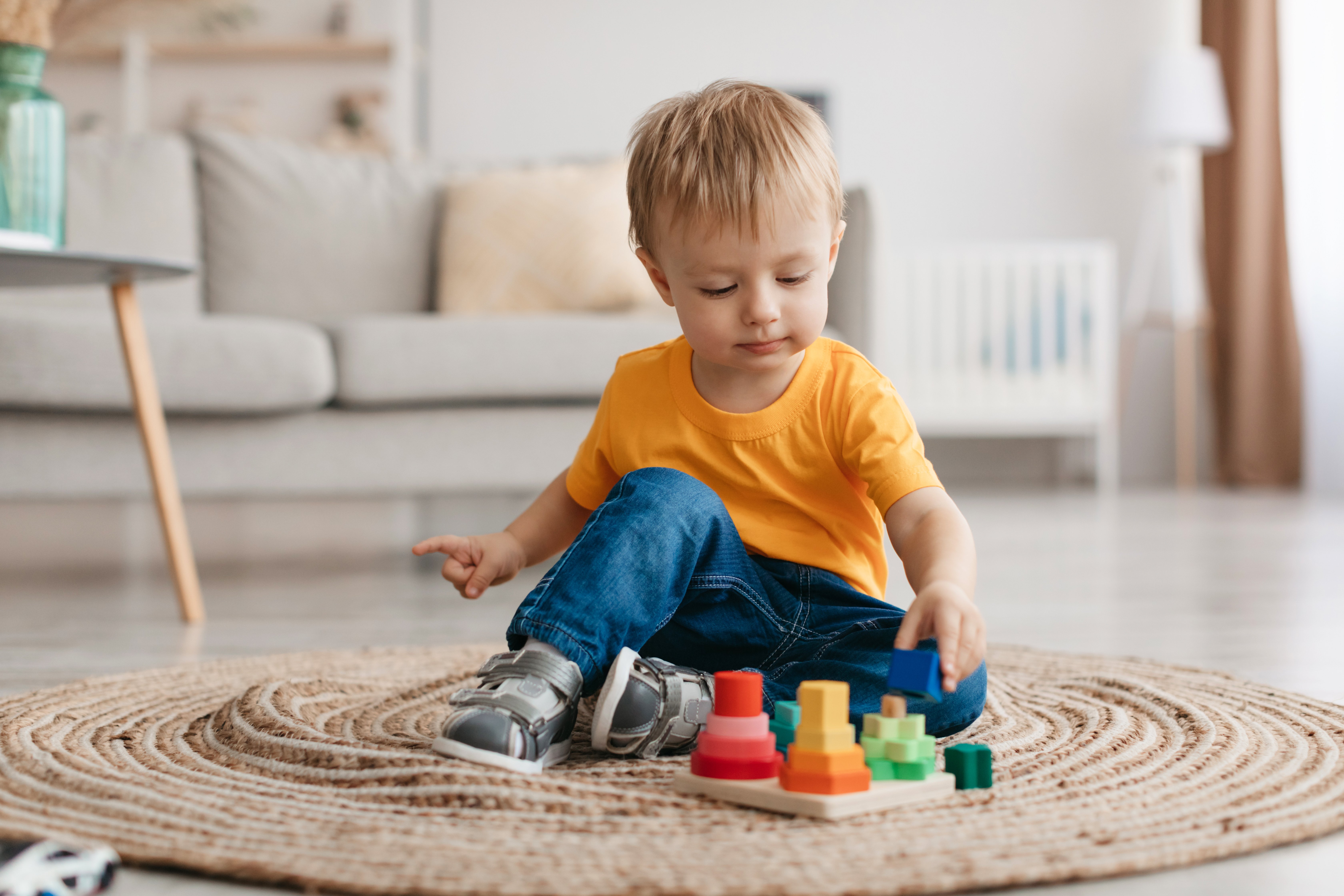According to the American Childhood Cancer Organization (ACCO), each year 15,780 children are diagnosed with cancer in the United States. While survival rates have increased to approximately 80%, there is obviously still room for improvement. For those that do survive, many will struggle with one or more chronic health conditions throughout their life.
Why would we take a month to become more aware of such a tragic disease? Because we can make a difference for these kids and their families. By providing support to patients and their families, lives are enriched and made more comfortable. By providing funding for research, future diagnosis may go down, while life expectancy may increase.

It’s important to know about childhood cancers and how you can help. Once you have that knowledge, you can allow God to lead you in your level of assistance.
The most common types of pediatric cancers include:
- Leukemia
- Brain and spinal cord tumors
- Neuroblastoma
- Wilms tumor
- Lymphoma (including both Hodgkin and non-Hodgkin)
- Rhabdomyosarcoma
- Retinoblastoma
- Bone cancer (including osteosarcoma and Ewing sarcoma)
The Children's Cancer Institute describes it like this, “While adult cancer is often related to exposure to an environmental factor (e.g. cigarette smoke), childhood cancer is most often genetically based. We need to understand childhood cancer to find better ways to treat and, ultimately, cure this disease.”
Another factor that makes childhood cancers different from adult cancers is that often times it spreads before it is diagnosed.
Here are some great resources to learn more about childhood cancers:
https://www.cancer.org/cancer/cancer-in-children.html
https://www.stbaldricks.org/about-childhood-cancer/
https://www.cancer.gov/types/childhood-cancers
What You Can Do
For the Child - Many children who suffer from cancer also suffer from discrimination and prejudice. Too often, close family or friends disappear after a diagnosis. Continue to be a friend during this hard time. Don't be afraid of what you don't understand. Treating a child with cancer like one without cancer is sometimes all the child really needs from friends.
“My command is this: Love each other as I have loved you.” - John 15:12
For the Family - This is a physically demanding time. Offering to be an extra set of hands can be helpful. Making a meal or watching other siblings during doctor visits can be a real blessing. The family also experiences emotional struggles. Parents tend to struggle with the feeling of guilt as if they must have done something wrong. Siblings may feel jealous or resentful because the sick brother or sister needs so much of their parents’ time.
All may struggle with fear of the future. Lend an ear, pray with them, and look for opportunities to lend support. Just saying, “Let me know if you need anything” is nice, but few parents under that much stress actually reach out for help. Offering specific ways you can help is likely most effective.
Donate to Aid in Research and Treatment - Many organizations are working towards improved treatments for these patients. Contributing financially to these organizations gives them the funding to persevere. However, caution should be taken before you whip out your wallet. Giving is admirable, but you want to make sure your money is going where you intend it to go.
The sad truth is that less than 4% of all US federal cancer research funding goes toward childhood cancer research. One big reason is that many people simply don’t know the right place to send their money. There are great organizations out there that dedicate the majority of their donations specifically for pediatric cancer research. Many of these contribute to St. Jude Children’s Research Hospital, a research hospital that treats children suffering from cancer, but does not send bills to the families. It is funded by grants and donations.
If you are considering donating to cancer research and treatment, pray that God leads you and do your research. According to Charity Navigator, there are a few questions you should ask an organization when you are considering making a donation:
- What is your organization’s mission?
- What are your organization’s goals?
- What progress is your organization making towards its goals?
- What sources are available to increase my confidence in your work?
* Click the link provided for a further explanation of each question.
There are also many charities doing their part to help those affected by childhood cancer. Here are just a few:
Gold Ribbon Heroes - According to ACCO, life expectancy has increased greatly over the last 40 years. Gold Ribbon Heroes help with these advancements and makes life more enjoyable for these children. One may earn the title of 'Gold Ribbon Hero' by their perseverance in research, providing medical treatment while showing true compassion, for being a parent with strength and commitment, or for being a brave patient who shows perseverance. Read some of the stories here:
Free Camps - Many of these kids realize they have a chronic illness which can lead to psychological stress and anxiety. Camp Rainbow is one example of a camp program that, with a few adjustments to programs, has provided recreation and opportunities to learn coping skills while enjoying time with their peers.
Give Kids The World Village – This is an 84-acre, nonprofit resort in Central Florida which hosts children with life-threatening illnesses and their families for the week free of cost, often times while the families spend a few days at the local theme parks. The Village itself features an Ice Cream Palace, theatre, putt-putt golf, arcade, a wheelchair-accessible train that circles around part of the Village, and several other kid-inspired attractions. GKTW Village operates largely through the service of volunteers and there are many ways to get involved.
Now it’s your turn to consider how you can help. Pray for these families, the patients, the doctors, and the scientists. Lend a hand to an impacted family, be a friend, and possibly donate to the cause.





